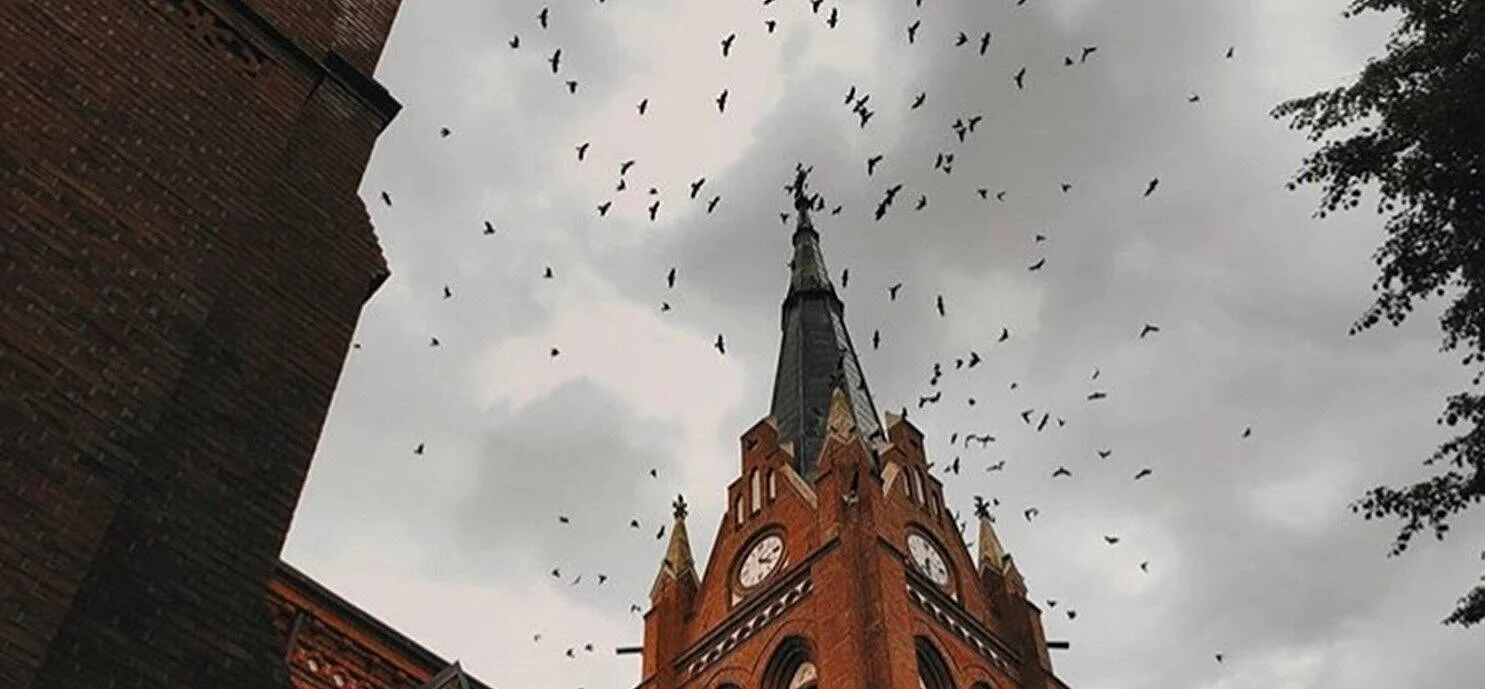By Kenny Payne
Receiving spiritual direction that transforms your life is not a passive process; it requires your active and intentional participation. Transformation occurs through God's grace, but it requires a heart that is prepared and willing to engage fully with the process.
Your participation is crucial for growth. Here are some key elements:
Honesty with Self
This is the foundation of the relationship, both with God and with your spiritual director. Honesty involves being willing to confront your motivations, doubts, and struggles without pretense. It is a necessary vulnerability that allows the Holy Spirit to work in new ways in your life.
You must be willing to bring your authentic self—not the curated, false-self many try to present to the world. God does not meet with your false-self because God only responds to reality! Don’t be afraid to bring your true self to spiritual direction, the spiritual director is a safe companion, not a judge.
Action: Practice self-examination (examen) and reflection daily to become aware of your inner dynamics. Be transparent about where you feel close to God and where you feel distant.
"What we need to do is bring the director into contact with our real self, as best we can, and not fear to let him see what is false in our false self… We must let the director know what we really think, what we really feel, and what we really desire, even when these things are not altogether honorable…"
— Thomas Merton
Commitment to the Process
Spiritual direction is not a quick fix but a long-term practice of spiritual formation. It requires dedication to regularly meeting with your director and engaging in prayerful work between sessions.
Spiritual growth is a journey, not a single event. Transformative direction requires your consistent engagement over time, even when the process feels slow or challenging. Like a growing seed and then plant – there is much happening even when you cannot see the progress.
Action: Commit to regular meetings (usually monthly) and make time for prayerful preparation before each session. Stick with the process through seasons of spiritual dryness or busyness.
"A spiritual life cannot be formed without discipline, practice, and accountability."
— Henri J.M. Nouwen
Openness to Growth
For spiritual direction to be effective you must have a willingness to be changed and challenged by God. This means being receptive to what God may be revealing to you through your director, even if it is uncomfortable.
To explore new spiritual disciplines, and to let go of old patterns of thinking or behaving that are no longer fruitful you must welcome change and growth. The New Testament uses language of the old person and the new person to describe this process. Like all growth, this commitment produces growing pains, but in the end the growth is worth the struggle!
Action: Be willing to try new forms of prayer or spiritual practices (like solitude, silence, or lectio divina) as discerned with your director. Be open to hearing God in unexpected ways.
"Spiritual growth depends on two things: first a willingness to live according to the Word of God; second, a willingness to take whatever consequences emerge as a result."
— Sinclair B. Ferguson
Responsibility for Follow-Through
You are ultimately responsible for the actions and spiritual practices you choose to practice in your daily life. The spiritual director does not give orders, but rather listens and helps you discern God's direction.
The real work happens between sessions through prayer, reflection, and intentional action. You must act upon those discernments, making the direction a living reality in your life. By embracing these attitudes, you create a fertile ground for the Holy Spirit—the true Director—to guide you toward a deeper, more intimate relationship with God and a genuinely transformed life.
Action: Finish each session with a clear "take-away" or area of work/discernment to focus on. Review your progress (or lack thereof) at the start of the next session.
"The spiritual director is one who helps another to recognize and to follow the inspirations of
grace in their life, in order to arrive at the end to which God is leading them."
— Thomas Merton



